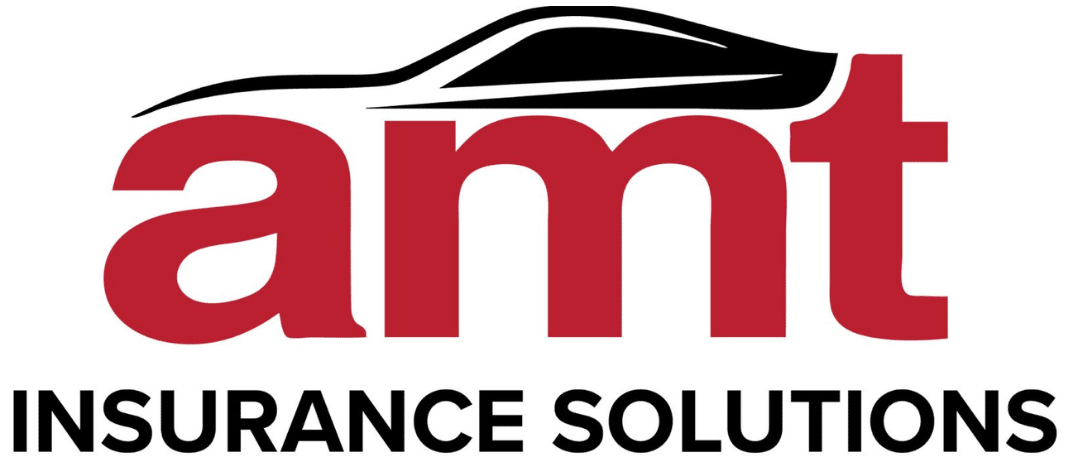
Do Car Rental Companies Insure Their Fleets?
November 1st 2024
Car rental companies face unique risks and responsibilities when it comes to insuring their fleets. Unlike personal or even standard commercial insurance, rental fleets require specialised coverage to protect not only the vehicles but also the business from potential liabilities. But what exactly is car rental fleet insurance, and how do these companies manage the costs of insuring their vehicles? In this blog, we’ll dive into how car rental companies insure their fleets and the types of coverage they need.
Do Car Rental Companies Insure Their Fleets?
Yes, car rental companies insure their fleets. Insurance is a critical part of their business model, protecting the vehicles, the company, and customers from various risks. Renting out vehicles to the public increases the potential for accidents and damage, making robust coverage essential. Car rental companies typically require comprehensive insurance that covers the full range of incidents, from accidents to theft and vandalism.
Types of Insurance Car Rental Companies Need
Car rental companies usually need a more extensive type of insurance compared to standard fleet insurance due to the nature of their operations. Some of the key coverage areas include:
- Third-Party Liability
This is a legal requirement in the UK and covers damage to third parties. If a customer causes an accident while driving a rental car, the insurance will cover the damage to the other party’s vehicle or property, as well as any medical expenses for injuries sustained. - Comprehensive Coverage
Car rental fleet insurance needs to be comprehensive to cover damages to the rental vehicle itself. Whether the car is damaged in an accident, vandalised, or stolen, comprehensive insurance ensures that the rental company isn’t left out of pocket. Given that rental vehicles are frequently driven by a variety of drivers, comprehensive cover is essential for reducing financial risk. - Personal Accident Insurance
Some car rental companies provide personal accident insurance as part of their fleet coverage. This insurance offers compensation to customers in the event of injury or death while driving one of the rental vehicles. Although not mandatory, many rental companies include this to protect their clients and enhance their service offering.
- Self-Drive Hire Fleet Insurance
Rental companies offering self-drive hire fleet insurance specifically cater to businesses that rent vehicles without drivers. This type of insurance includes liability for third-party damage, loss, or theft of the vehicle, and damage caused by drivers renting the car. Learn more about this on our Self-Drive Hire Fleet Insurance page.
The Costs Involved in Insuring Rental Fleets
Insurance premiums for rental fleets are typically higher than for standard vehicle fleets, largely due to the increased risk. The cost of car rental fleet insurance depends on several factors:
- Vehicle Values
- Vehicle Usage
- Driver Risk Profile
- Geographical Limits
Credit Hire Fleet Insurance
It is important to distinguish the difference between Self-Drive Hire Insurance & Credit Hire Insurance, which covers businesses that rent vehicles to individuals who have been involved in non-fault accidents. These companies provide temporary cars while the claimant’s vehicle is being repaired or replaced, and this type of insurance ensures that the rental company is protected financially. To find out more about this type of coverage, explore our Credit Hire Fleet Insurance page.
How Rental Companies Manage Insurance Costs
Car rental companies often implement several strategies to manage and reduce the cost of insuring their fleets:
- Driver Screening: Rental companies may limit rentals to customers over a certain age or those with a clean driving record to reduce the risk of accidents. Some may also implement additional screening for high-risk drivers.
- Telematics: Like many fleet operators, rental companies can use telematics to monitor how vehicles are being driven. This not only helps with tracking the vehicles but also encourages safer driving behaviours, which can reduce the likelihood of accidents and lower insurance premiums.
- Excess Coverage: Rental companies often pass part of the insurance cost onto customers through high excess amounts. Customers can choose to pay a daily fee to reduce the excess, meaning they won’t have to pay as much out of pocket if they cause damage to the vehicle.
Final Thoughts
Car rental companies require specialised insurance coverage to manage the unique risks associated with renting vehicles to the public. Car rental fleet insurance covers a wide range of scenarios to get your vehicles back on the road.
To learn more about how to protect your vehicles and customers with fleet insurance options tailored for rental companies, explore our Self-Drive Hire Fleet Insurance and Credit Hire Fleet Insurance pages.

